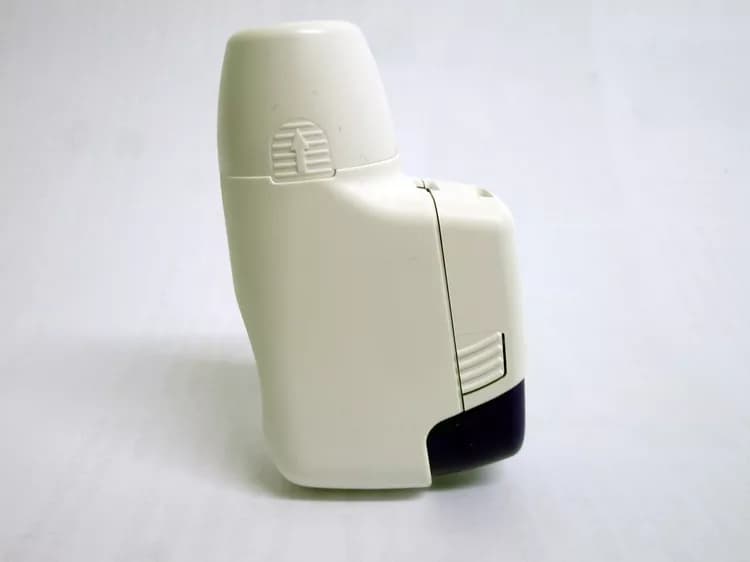IMPORTANT INFORMATION: Read This First
A severe Asthma Attack should be evaluated by a trained medical professional, as soon as possible! DO NOT wait! Failure to obtain evaluation as soon as possible may result in serious injury or death. Call 911 (or your local emergency number) immediately, if you are experiencing acute Asthma Attack.
What is Asthma Attack/Exacerbation?
- Asthma is a chronic disease involving airflow obstruction that is reversible. This can result in difficulty of air movement in and out of the lungs.
- During an Asthma Attack or Exacerbation, the airways are inflamed, causing acute swelling and narrowing, leading to the symptoms.
What are the Causes of Asthma Attack/Exacerbation?
The cause factors for Asthma Attack/Exacerbation could include:
- Exposure to allergens like pollens, pets, strong odors, chemicals, and smoke, including tobacco
- Exercise
- Changes in weather, seasonal allergies
- Upper respiratory infection
- Extremely cold and dry air
What are the Signs and Symptoms of Asthma Attack/Exacerbation?
The signs and symptoms of Asthma Attack/Exacerbation include:
- Wheezing
- Chest tightness
- Shortness of breath, breathing difficulties
- Coughing, which may cause sleep disturbance
- Increased heart rate and rate of breathing
How is First Aid administered for Asthma Attack/Exacerbation?
First Aid tips for Asthma Attack/Exacerbation include:
- Sit the person upright and loosen tight clothing
- If available, follow instructions of the ‘asthma action plan’, written by the individual’s physician
- Help administer asthma medication, through an inhaler or nebulizer
- Have the person breath slowly with lips sealed around inhaler, breathing deeply through the mouth with each slow steady puff
- If the person does not have an inhaler; use one from a First Aid kit or simply borrow one
- Keep the person breathing slowly and deeply, every 5-7 seconds
- Administer four puffs with an inhaler until the patient’s condition improves, or four more minutes passes
- Monitor the person until help arrives
Who should administer First Aid for Asthma Attack/Exacerbation?
- The person suffering for Asthma themselves or anyone nearby can begin to administer First Aid
- But if the person is unable to talk, is turning blue, or their condition is not improving, call 911 immediately
What is the Prognosis of Asthma Attack/Exacerbation?
- Asthma Exacerbation typically improves as long as the Asthma Attack victim receives timely medical treatment
- But the disease is chronic and recurrences are common
- Some may require hospitalization and intubation
How can Asthma Attack/Exacerbation be Prevented?
A few helpful tips to prevent Asthma Attack:
- Avoid known allergens
- Use an inhaler before exercise or exposure, which could cause an attack
- Be consistent in taking Asthma maintenance medications
- Inform daycare personnel and school staff about kids Asthma condition; provide an Asthma action plan to appropriate staff members/teachers
What are certain Crucial Steps to be followed?
- Following individual Asthma action plan
- Carrying rescue inhaler at all times
- Timely administration of rescue inhaler (albuterol; also known as proventil, ventolin)
- Seeking medical attention appropriately
Related Articles
Test Your Knowledge
Asked by users
Related Centers
Related Specialties
Related Physicians
Related Procedures
Related Resources
Join DoveHubs
and connect with fellow professionals


0 Comments
Please log in to post a comment.